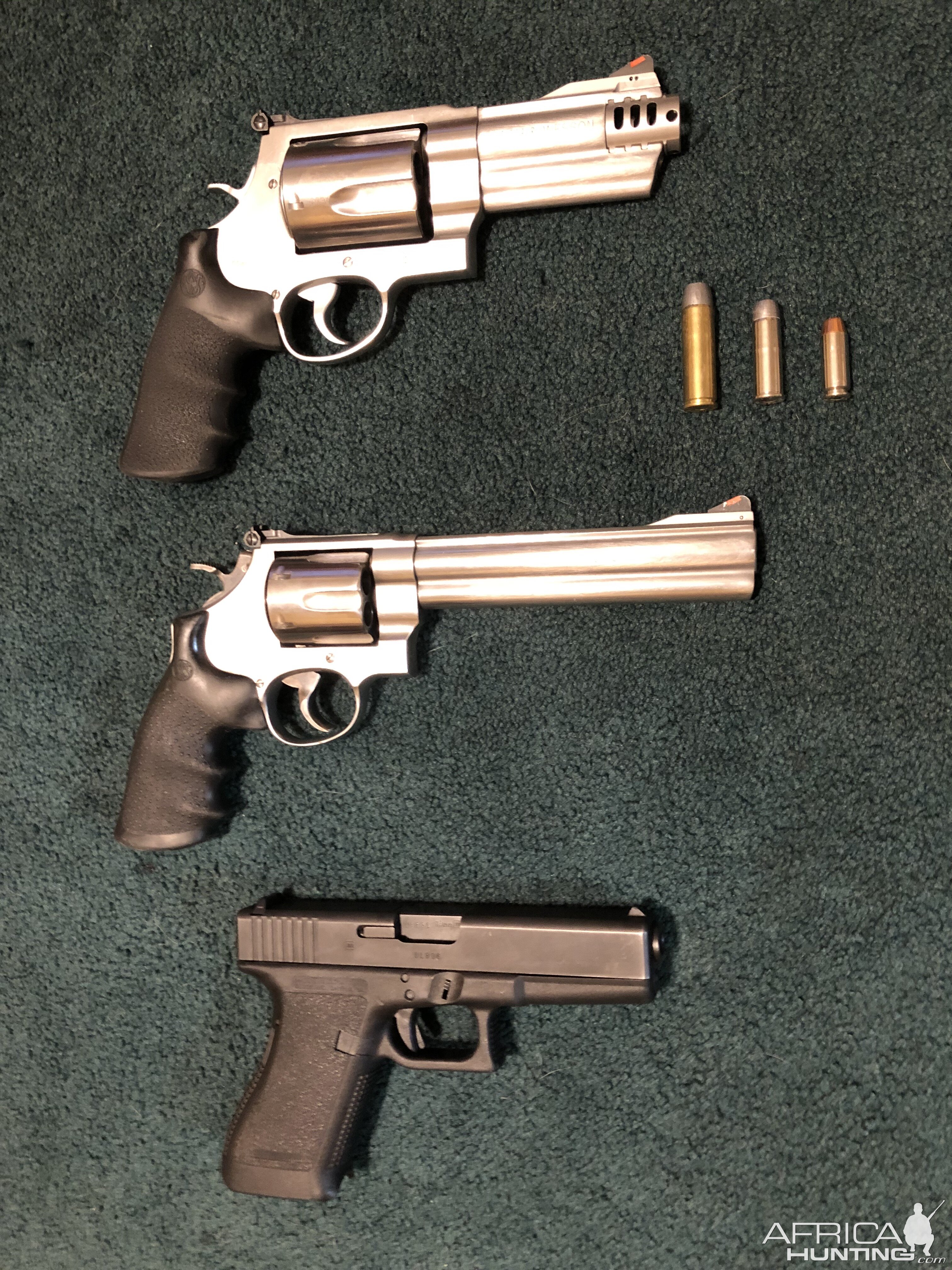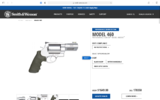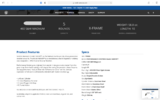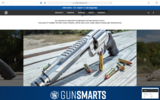Recently I met a guy at my local shooting range who had an 8.4" barrel 460S&W revolver. I had a go and liked it. As luck would have it, one shop in Poland had a single 460 gun in stock, and it was the one I was interested in - a 3.5" barrel without a muzzle brake. So I bought it. Tomorrow I'll be shooting it for the first time. I know it'll have more recoil than the 8.4" version, which did have a muzzle brake, but I am curious just how much more. I wonder if I'll find it reasonably shootable and if it'll eventually replace my G20 or if it'll be a fun, curious, range gun only. Either way, I'm excited.

www.smith-wesson.com
I have the braked 4" 500 S&W, which will be more pleasant, I think... than that.
Start with weak low grain loads, doesn't necessarily have to be reduced recoil. But if you see ammo on the shelf and it goes from 200gr hollow points at 1500fps to 400 hardcast at 1800fps.
Buy yourself some of the 200gr to start with, get some of the 400s to have as well, but get those 200s to start with.
Next, don't load every chamber. Load every other so if you double fire you don't blow your head off, this has happened and has killed, also has happened and very very nearly killed people.
With those 200s you'll have some fun, enjoy getting to shoot it, then start working your way up to the full power heavy for caliber "stopper" style rounds.
I don't know the bullet weight range of the 460, in the 500 S&W it's really from 275gr to 700 grain.
The difference in recoil between the generic 300gr loads and my 440gr hardcasts is night and day, these full power hardcasts are like a grenade going off in your hand, the 300s were fun heavy recoil to shoot.
So, just realize that, start with some of the weaker loads, don't load back to back rounds at first, in case you double fire.
Then when you step up in power, and get bigger loads, go back to loading every other chamber so you don't double fire until you get used to them.
That being said, the recoil with full loads will be a beast, however, it will not kill you, what it will do is give you about as good a chance at stopping whatever it is as you could expect from a handgun.
This type of gun is really a, "plan for one shot, plan to be patient and make sure you hit with that one shot," type of gun, and if you hit, with that heavier for caliber solid, she'll take care of you.
But just focus on making that one shot count, this is a game of quality hits, not quantity of shots. Don't worry about the 5 shots you have, hit with that one and let that monster in your hand take care of that monster in front of you.
The more you shoot it the more you will be able to control it and the more fun you will have with it, don't be intimidated by the large recoil when you step up to heavier rounds, again, it isn't going to kill you, so work with it.
You won't be able to stop that recoil, don't lock your arms and wrists, work with it, a little bend in the arms, flex shoulder muscles to help control, but recoil, to a degree, with it.
similar'ish to shooting these big bore dangerous game rifles.
If you don't shoot it often then every time you pick it up you'll have forgotten that the recoil won't kill you, and that you can shoot it, and you'll flinch, and be uneasy and etc...
Shoot it often and you'll be fine, if you like some heavy recoil, you'll love it, they hit hard.
I carry my 500 S&W generally in a chest holster, had it on me yesterday while I felled several decent size trees alone, cut up some of those trees and others, I've built my shooting house with it on me, I musky fish with it on me.
That is to say, they can be carried and they can be carried even while doing very active work with your arms, chest, legs, etc...
This reply was way too long, but you should like it, if you have places that will port guns there, that may be an option too.




